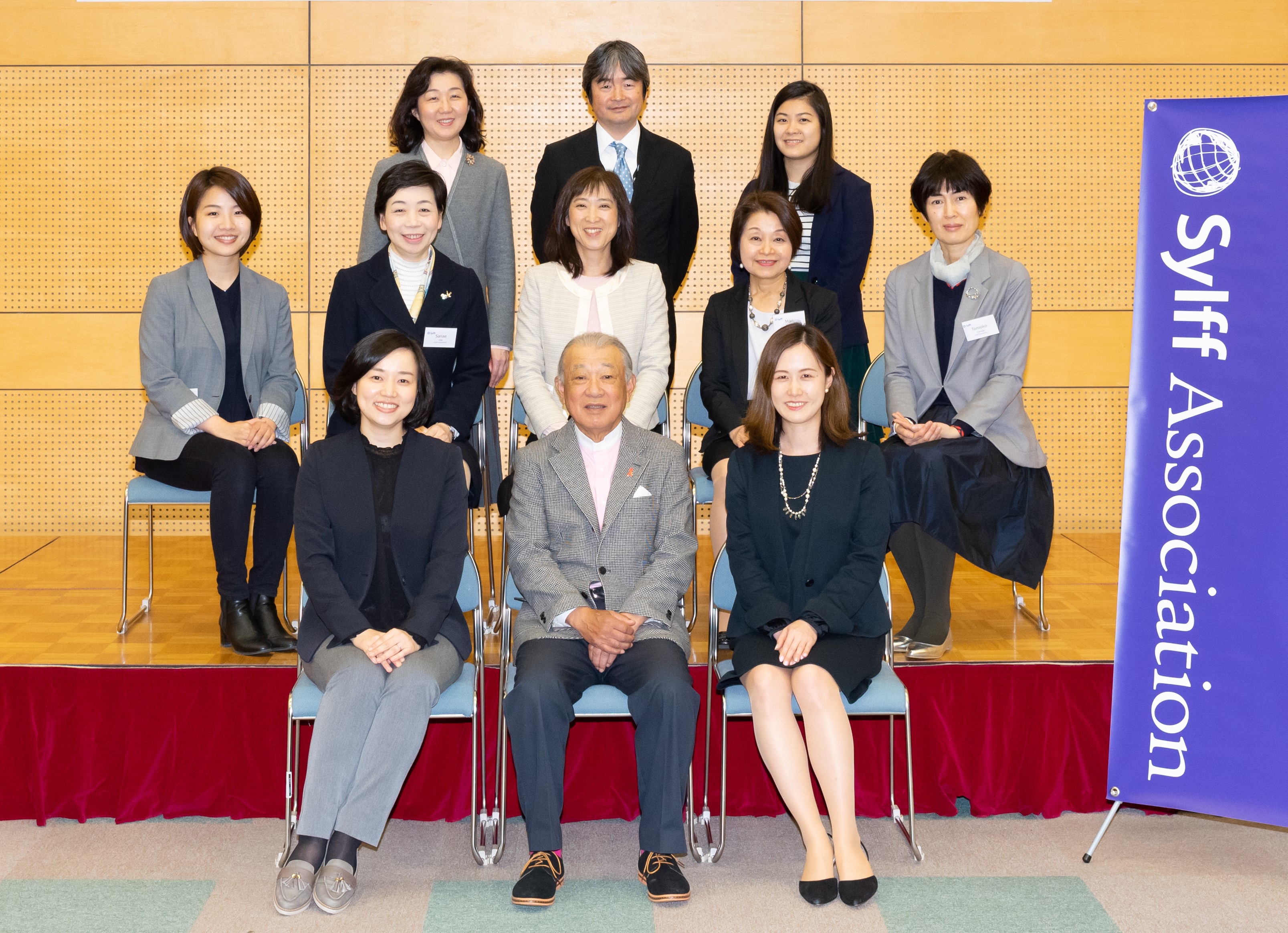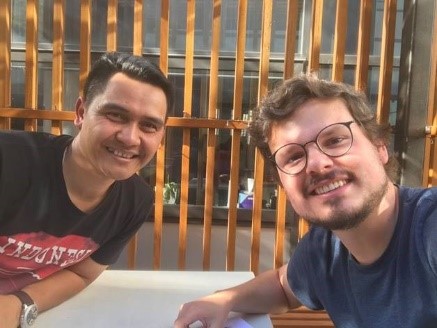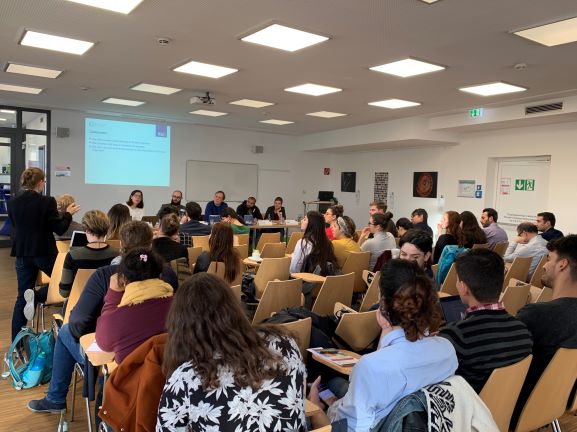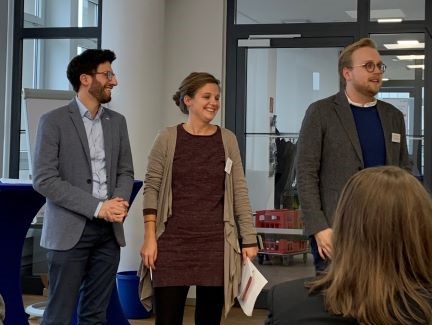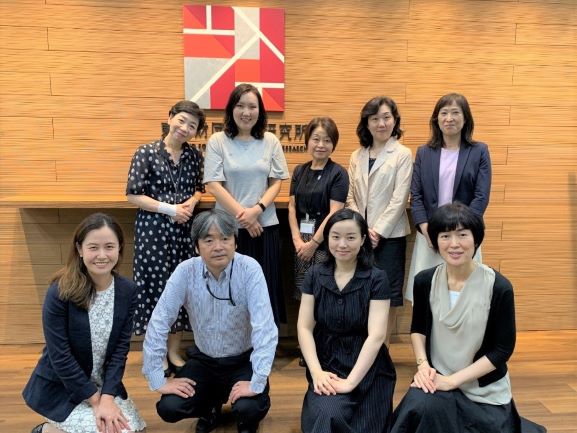The Sylff Association secretariat will provide emergency financial support to all fellows whose efforts to earn a degree have been impacted by the COVID-19 pandemic. We are also asking members of the Sylff community for donations to help finance this initiative.
The COVID-19 outbreak has affected universities around the world. Some fellows have told us that financial and other difficulties have forced them to interrupt their studies and research. This is a serious concern, since earning a degree is the first step in building a career. The aim of this emergency support program is to help defray fellows’ living expenses and encourage them to continue their studies and research at their home Sylff institutions.
We are currently identifying eligible fellows* in collaboration with Sylff steering committees at all 69 Sylff institutions. We have received information from many institutions, as of June 10, 2020, and would appreciate the remaining institutions to respond promptly so that support can reach those who need it.**
Transfer procedures and other details will be communicated to Sylff institutions when the process of identifying eligible fellows is completed by mid-June. A report will also be made on this website for the Sylff community.
At the same time, we will later announce on the website how members of the Sylff community may offer donations to help finance the program. The secretariat would be grateful for any support you can give to ensure that fellows can continue their studies in spite of the COVID-19 pandemic.
*Fellows eligible for emergency support are those who are currently enrolled in a master's or doctoral program at their home Sylff institutions and who will still be enrolled in the degree program at the same institution in September 2020.
**The following Sylff institutions have provided information requested by the secretariat (as of June 10, 2020). in alphabetical order
The American University in Cairo
Ankara University
Ateneo de Manila University
University of Belgrade
Ben-Gurion University of the Negev
University of California San Diego
Charles University
Chiang Mai University
University of Chile
University of Coimbra
Columbia University
Comenius University in Bratislava
Conservatoire national superieur de musique et de danse de Paris
University of Deusto
El Colegio de Mexico
Fudan University
Gadja Mada University
Graduate Institute of International and Development Studies
University of Helsinki
Howard University
Hungarian Academy of Sciences, Corvinus University of Budapest, Debrecen University, Eötvös Loránd University, University of Pécs, and University of Szeged
Inner Mongolia University
Institute of Political Education “Pedro Arrupe”
Jadavpur University
Jagellonian University
Jawaharlal Nehru University
Jilin University
University of Jordan
The Juilliard School
Keio University
Lanzhou University
University of Latvia
University of Leipzig
University of Malaya
Massey University, Auckland University of Technology, Lincoln University, University of Auckland, University of Canterbury, University of Otago, University of Waikato, and Victoria University of Wellington
University of Michigan
University of Music and Performing Arts Vienna
University of Nairobi
National Academy of Governance
National and Kapodistrian University of Athens
University of New South Wales Business School
University of Oregon, Oregon State University, and Portland State University
Peking University
Ritsumeikan Asia Pacific University
Ruhr University Bochum
University of Sao Paolo
Sofia University “St Kliment Ohridski”
University of the South Pacific
University of Texas Austin
Uppsala University
Utrecht University
Vietnam National University, Hanoi, and Vietnam National University, Ho Chi Minh City
Waseda University
University of the Western Cape
Xinjiang University
York University
Yunnan University







